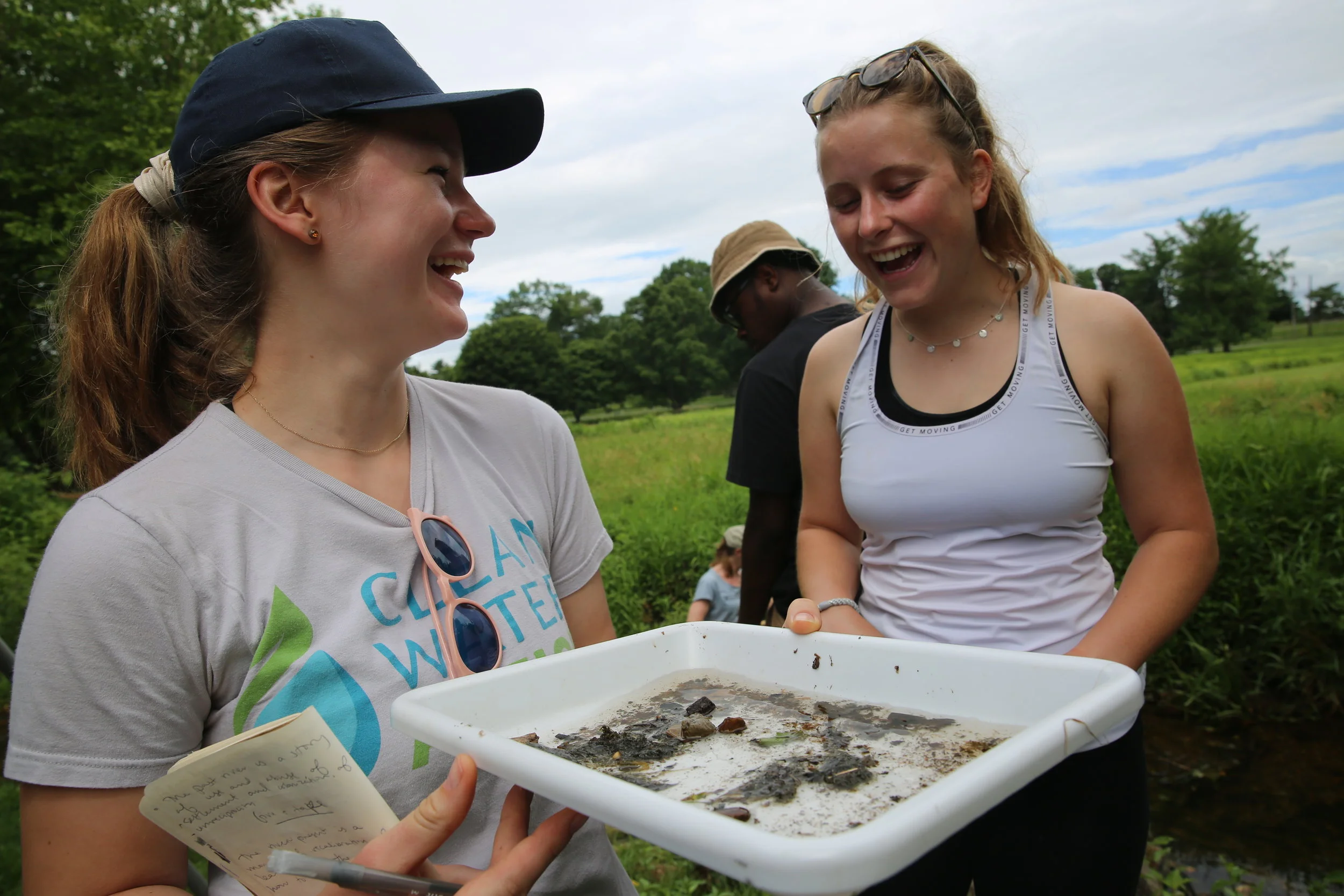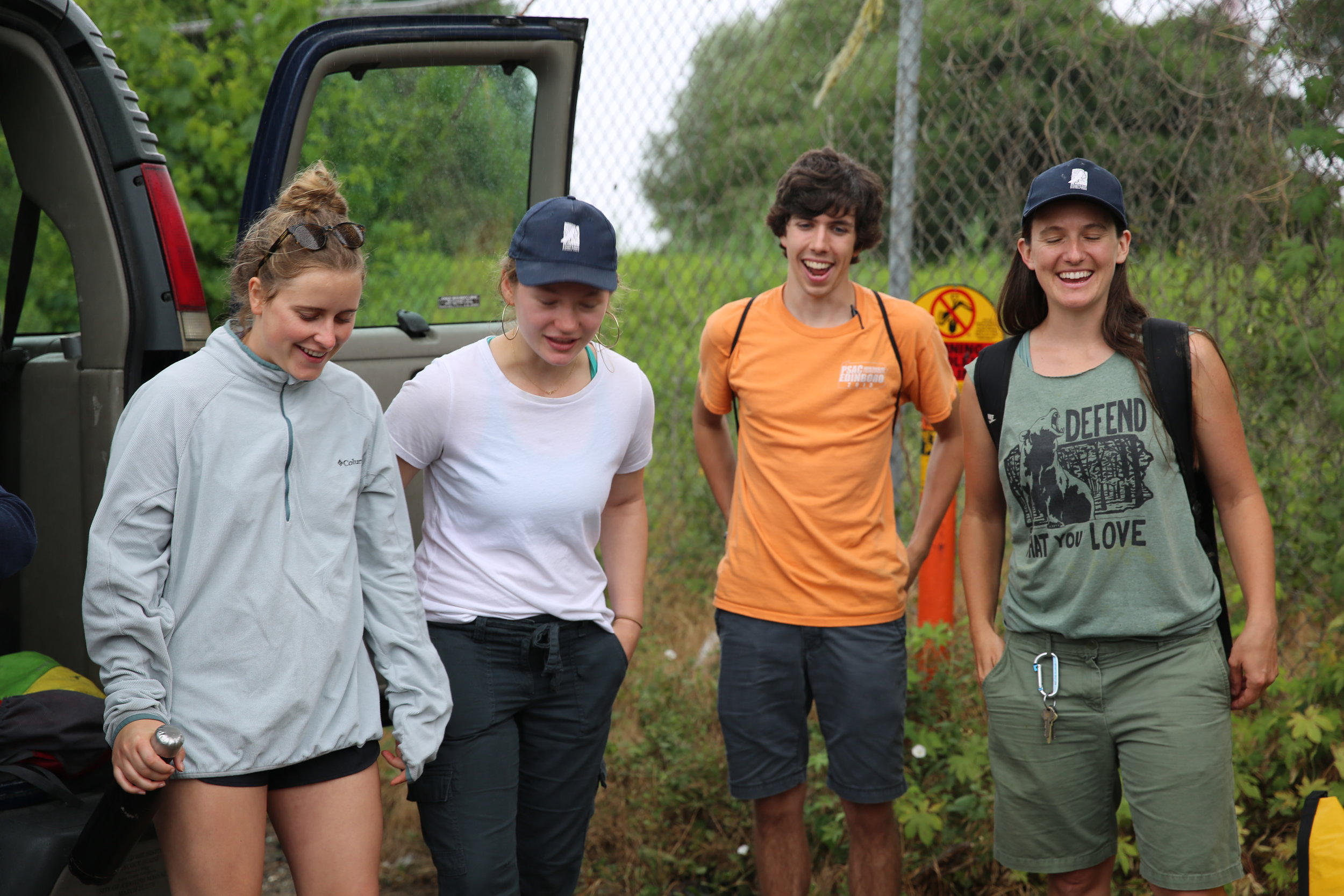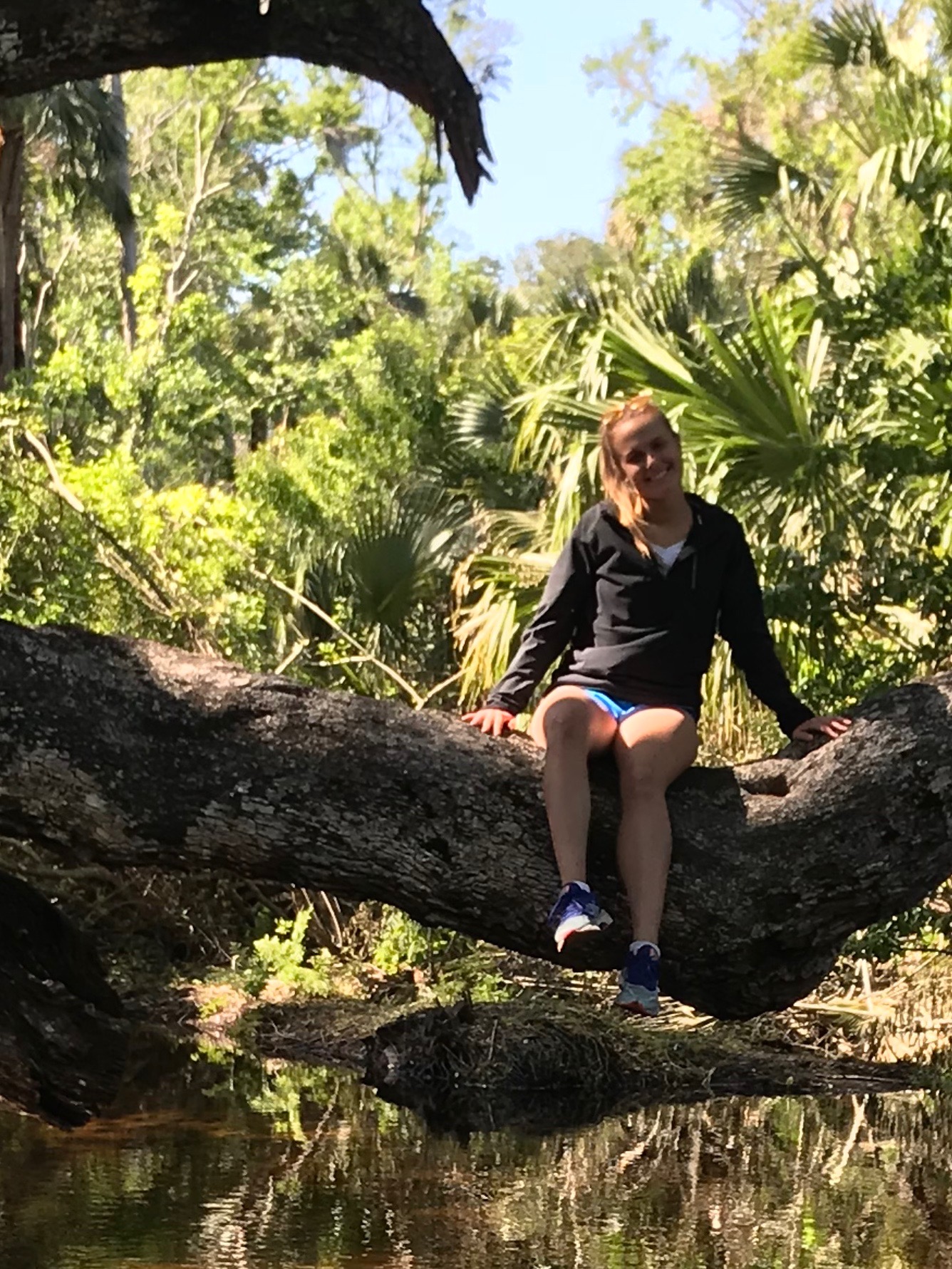SINCERELY, INTERNS
How is it that a giant, bankrupt refinery found its way to the banks of the Schuylkill river? How, at a time when we need to reduce CO2 emissions, is anyone still talking about the possibility of a public bailout?
I was immediately baffled by the refinery now called Philadelphia Energy Solutions when I first drove past it from the airport into the city. At that time, I assumed that this refining complex was located in a purely industrial area. I was confronted with the more difficult truth this summer when I began wondering what we knew about its emissions and the data we have—or might wish we had I had started work as a PPEH Summer intern with the sink/float/spill/flow group. The summer research was kick-started with a two week “On Water Intensive.” As a research team of a dozen faculty, students and Community River Fellows, we paddled the Schuylkill from Bartram’s Garden one of the few locations with public access to the water. The dock is located directly across from a tank farm on the complex’s northern edge. Gazing from my kayak up at the stacks of the refinery, I gained a new perspective.
An article published by Philadelphia NPR-affiliate, WHYY, by reporter Catalina Jaramillo helped me to contextualize the precarious location of the complex and its considerable impact on local communities. As my research internship progressed, I became fixated on data availability and analysis. I learned that researchers were trying to improve the quality of available data and its legibility, making it also actionable for the neighbors whose well-being is adversely impacted by legacy and ongoing emissions. A great example of an activist neighborhood organizations hungry for good data is Philly Thrive. One of our faculty this summer, Dr. Peter DeCarlo, a professor at Penn’s neighbor, Drexel University, had worked with Philly Thrive and other Philadelphia and national advocates for air equality. DeCarlo has worked to bring attention to missing emissions data in Pennsylvania and is actively researching both methane emissions in the Marcellus Shale as well as NOX emissions in Philadelphia. I had the opportunity to interview Dr. DeCarlo and learn about his challenges and activism in measuring emissions data from Philadelphia Energy Solutions refinery, and our conversation is now featured in episode 3 part 2 of the Data Remediations pod (click on over there to listen!).
Through this summer internship, I interacted with many neighbors and researchers who care about data collection and the communities it impacts. I learned that sometimes the problem is not that data doesn’t exist, but that after it’s been created, it’s not cared for. To thrive, data needs to be kept alive: preserved, updated, explained, re-imagined, and resized. Those are some of the topics we take on in episode 4, when we get to talk with some of the country’s leading data stewards and open data advocates.
Sincerely, Grace
My hometown is Orlando, Florida, a city of nearly 300,000 residents in a state built on the ideology of unregulated real estate growth. Historically, two-thirds of Florida was swampland. Today, most of that land has been drained, paved, and developed -- over sixty percent, in fact. Gators have been replaced by parking lots and wetlands by suburban neighborhoods.
Data tracking the wetland loss and its effect on swampland animals and plants is important to protect and preserve what's left of Florida’s swamplands and the animals and plants that call it home. I wanted to be a Public Research Intern with Data Remediations because—especially as a Floridian—I recognize the importance of connecting climate and environmental data with people. In my work, I hope to gain a fuller understanding of how, in a time of global warming, we also need good local data. Or, to borrow language from scholar Candis Callison (who we got to talk with in the Data Remediation pod’s episode 3, part 1), a model truth must be complemented by a lot of ground truthing.
Sincerely, Katie






